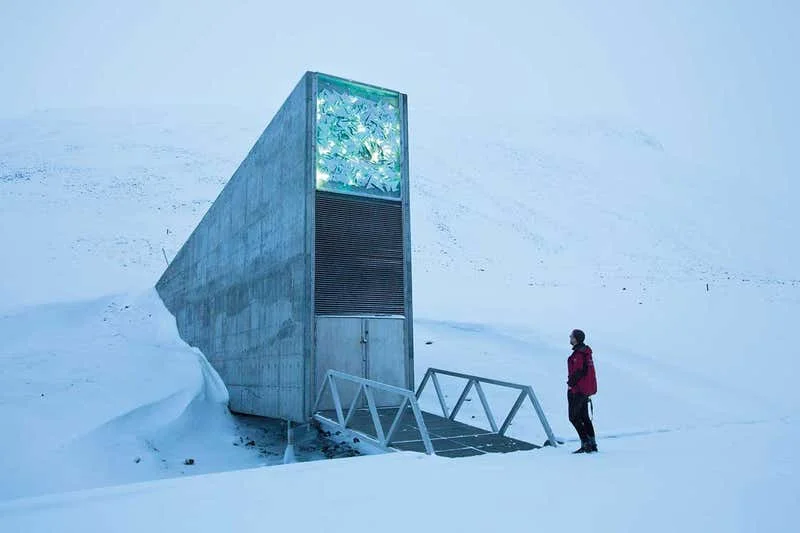Underland Is A Profound Journey Into The Mirror World Of The Dead
UNDERLAND: A DEEP TIME JOURNEY, WRITTEN BY ROBERT MACFARLANE, REVIEWED BY FRED PEARCE ON MAY 8, 2019 AND POSTED BY NEW SCIENTIST
In Underland, Macfarlane travels the world in search of “deep time” in deep places. This is mythology as much as geology, anthropology as much as climatology. He goes not underground or to the underworld, but to the underland, a mythical world of the Sami people of Scandinavia, a mirror-image of our world, inhabited by the dead, said to exist just beneath our feet. The academic with mud on his boots starts his journey into the underland by sliding down “the riven trunk of an old ash tree” into a deep, dark limestone cave, to see handprints made by ancients more than 35,000 years ago. There is plenty of “real” science along the way. Macfarlane talks to mycologists about fungal networks that link the roots of trees in a “wood wide web” of chemical communication. He meets glaciologists in Greenland who are observing past climates by drilling cores of million-year-old ice, while watching as climate change hollows out the island’s ice cap. Macfarlane has two big hypotheses fueling his journeys. The first is that by going underground, drilling into the heart of our planet’s deep past, we find ways to understand its future. The second is that, at the same time, we can uncover the essence of what it means to be human. The first contention is persuasive. Through many examples, in which “ice breathes, rock has tides, mountains ebb and flow, stone pulses”, he shows how the exploration of “deep time” provides a radical new perspective on the hidden geological and Earth-system forces with which we meddle at our peril. He goes on to ask: “Are we being good ancestors to the future Earth?” Needless to say, he answers in the negative. There is a profound paradox here. After all, when our species had little scientific ability to understand the past or predict the future, we were ruled by moral imperatives built on deep memory that instilled obligations about long-term stewardship of our environment. We were good ancestors – or at least as good as we could be in the circumstances. But now that we have the tools to see backwards and to project the future, we seem hell-bent on ignoring the lessons they offer. But when embarking on any long journey, you need to know that you will enjoy the company of your companion as well as the itinerary. And here you will be travelling with a considerable polymath, as willing and able to quote a Nature paper as Edgar Allan Poe, and to discuss the finer techniques of caving as surely as the physics of dark matter. “Now that we have the tools to see backwards and to project the future, we seem hell-bent on ignoring their lessons.”
Copyright © 2019 EcoChi, LLC. All rights reserved.




